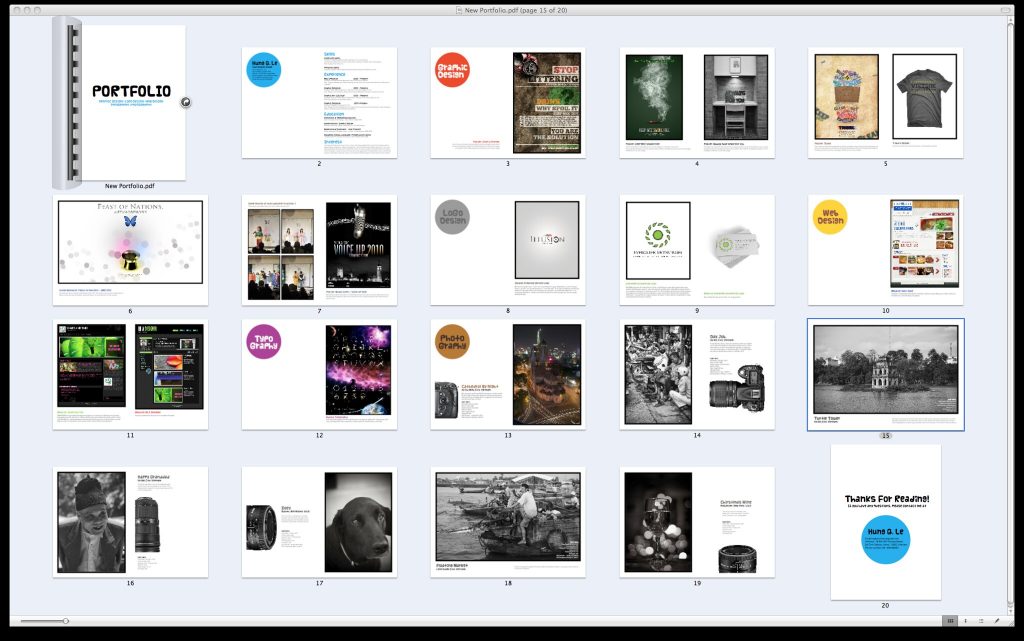12.4 Applying for a Nursing Position
Many students begin applying for their first nursing position before they graduate or take the NCLEX-PN. Read tips for employment in the following box.
| Tips for Employment |
|---|
|
During your job-search process, it is helpful to begin by reviewing Medicare’s quality ratings of health care agencies and providers. The “overall star rating” is based on how well the agency performs on various quality indicators and client satisfaction surveys.
Review Medicare ratings of hospitals, nursing homes, home health agencies, and providers at Medicare.gov’s Find and Compare Provider web page.
When applying for a job position, a resume and/or portfolio is typically included as part of the application process.
Resume
A resume is a document that highlights one’s background, education, skills, and accomplishments to potential employers. There are many types of resume formats, and some individuals elect to use online services to create a professional resume.
A resume typically includes the following components:
- Personal contact information
- Professional objective statement
- Education
- Work experience
- Awards and achievements
- Community service
- Languages, hobbies, volunteer experiences (optional)
When creating a resume, it is helpful to highlight skills and experience that separate you from the other candidates applying for the position. It is also helpful to tailor your resume to the skills and experience expressed in the job description.
Read more details about what to put in a resume and nursing resumes and cover letters PDF.
View a sample resume.
View a sample Online Resume Service.
Portfolio
A portfolio is a compilation of materials showcasing examples of previous work demonstrating one’s skills, qualifications, education, training, and experience. They can be submitted in electronic or paper form. See Figure 12.3[1] for an image of a sample electronic portfolio.

Some schools of nursing require portfolios to be completed throughout the program. These portfolios are a representation of work demonstrating the student’s accomplishments.
Portfolios typically include the following:
- Personal contact information
- Resume
- Professional goals
- Skilled work with examples (e.g., a nursing care plan, process recording, teaching plan, etc.)
- Accomplishments (e.g., dean’s list)
- Degrees
- Certifications (e.g., CPR)
- Professional memberships (e.g., Student Nurse Association)
- Community service activities
- References (if requested)
Read more about what to include in a portfolio.
Visit an online portfolio service.
Interviewing
After applying for a position and submitting your resume and/or portfolio, you may be contacted to set up an interview. When you’re interviewing for a position, you will be asked about your skills, experience, and your education. Some questions may be basic, such as, “Why did you become a nurse?” Other questions may be more difficult to answer, such as “Explain your strengths and weaknesses as a nurse.” See Figure 12.4[2] for a simulated interview.

Interviewing for a new position can cause anxiety because you are required to answer questions and provide examples. A strategy to make the interview process easier and reduce anxiety is to prepare answers for commonly asked questions prior to the interview. Completing this task will help you prepare and increase your confidence. See common interview questions in the following box. It is helpful to tailor your answers to the skills and experience provided in the position description of the job you are seeking.
| Common Questions During an Interview |
|---|
|
Prior to your interview, research the organization’s website. Be aware of their mission and vision statements and any “current events” in the news. Interviewers are impressed when an applicant has taken the time to learn about the organization and demonstrates interest.
Interviews may take place face-to-face, virtually on a computer, or over the phone. If you are interviewing face-to-face or virtually, dress for success in professional attire. If interviewing virtually, be sure to decrease distractions at home by turning off your phone and conducting the interview in a quiet space. Establish good eye contact with the interviewer and speak in a confident manner. Remember, this is the time to “sell your nursing self,” so highlight your achievements and what you are proud of accomplishing. See additional tips for interviews in the following box.
| Tips for Interviews |
|---|
|
The interview process is also an opportunity for you to determine if this position and agency is a good fit for you. Remember that it is important to select an agency that has good ratings for providing safe client care and client satisfaction. It is not worth taking a position that may place your nursing license at risk. Research the mission and values of the health care facility and explain how you would make a good fit with those characteristics. Ask questions of the interviewer to clarify your understanding of the job position and expectations, agency policies, and workplace culture. Suggested interview questions are listed in the following box.
| Questions for Interviewer |
|---|
|
- “4805383850_7385e60b6c_k.jpg” by Hung Le is licensed under CC BY 2.0 ↵
- “24835247668_0828e986ad_k.jpg” by Amtec Photos is licensed under CC BY-SA 2.0 ↵
A document that highlights one’s background, education, skills, and accomplishments to potential employers.
A compilation of materials showcasing examples of previous work demonstrating one’s skills, qualifications, education, training, and experience.

